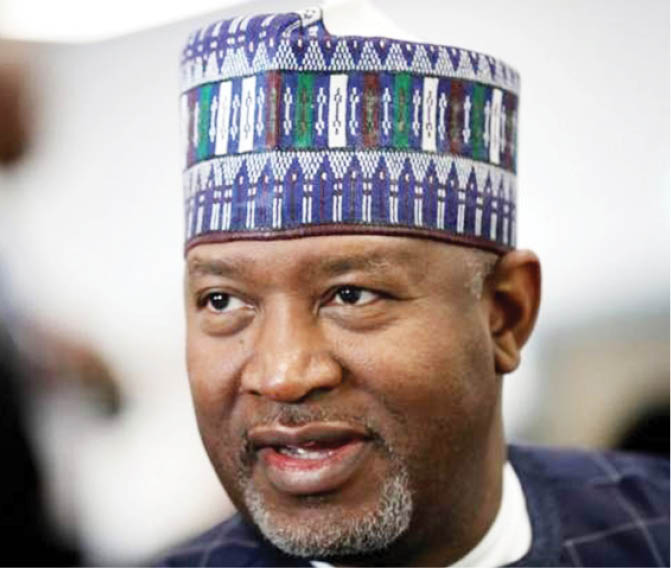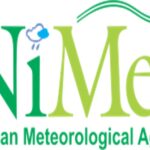The Minister of Aviation, Sen. Hadi Sirika, has said through efficient utilization of scarce resources, the Nigerian Meteorological Agency (NiMet) has achieved significant weather forecast infrastructure and accurate weather prediction capability.
He also said through effective leadership, NiMet has developed high-impact products as well as helped provide capacities to other African countries, especially within the sub-region.
Sirika stated this during the 76th Session of the World Meteorology Organisation (WMO) Executive Council held at the WMO Headquarters, in Geneva, Switzerland on Thursday.
He said: “One practice that has enabled meteorological development in Nigeria is the strong synergy and support between the political class (which I represent) and the expert (represented by Prof. Matazu).
“We strive to ensure we have the right leadership at the helm of affairs of the Nigerian Meteorological Agency (NiMet), and the agency under the leadership of Mansur Matazu, has also demonstrated commitment to excellence by judicious utilisation of resources, broad stakeholders’ engagements, and result-oriented goals with clearly detailed regular reporting.
- Guber poll: DSS goes after toublemakers
- Kaduna: APC kicks as PDP gov’ship candidate promises dialogue with bandits
He said new products have been introduced by the agency. “These include Seasonal Climate Prediction (including its summary for policymakers and translated version), the State of the Climate in Nigeria, Climate and Health bulletin, Hydrometeorological bulletin, Extreme Weather Events bulletin, Marine Meteorological bulletin, 3-day Impact based Forecast and many more on different timescales and validity.
“NiMet forecasts provide basis for the Annual Flood Outlook and Disaster Preparedness in Nigeria by both Nigeria Hydrological Services Agency and National Emergency Management Agency (which are both in two separate ministries of government),” he stated.
He said NiMet has provided interventions in Liberia, Sierra Leone, The Gambia and Malawi in terms of capacity building, technical assistance, quality management systems, and competency framework.

 Join Daily Trust WhatsApp Community For Quick Access To News and Happenings Around You.
Join Daily Trust WhatsApp Community For Quick Access To News and Happenings Around You.